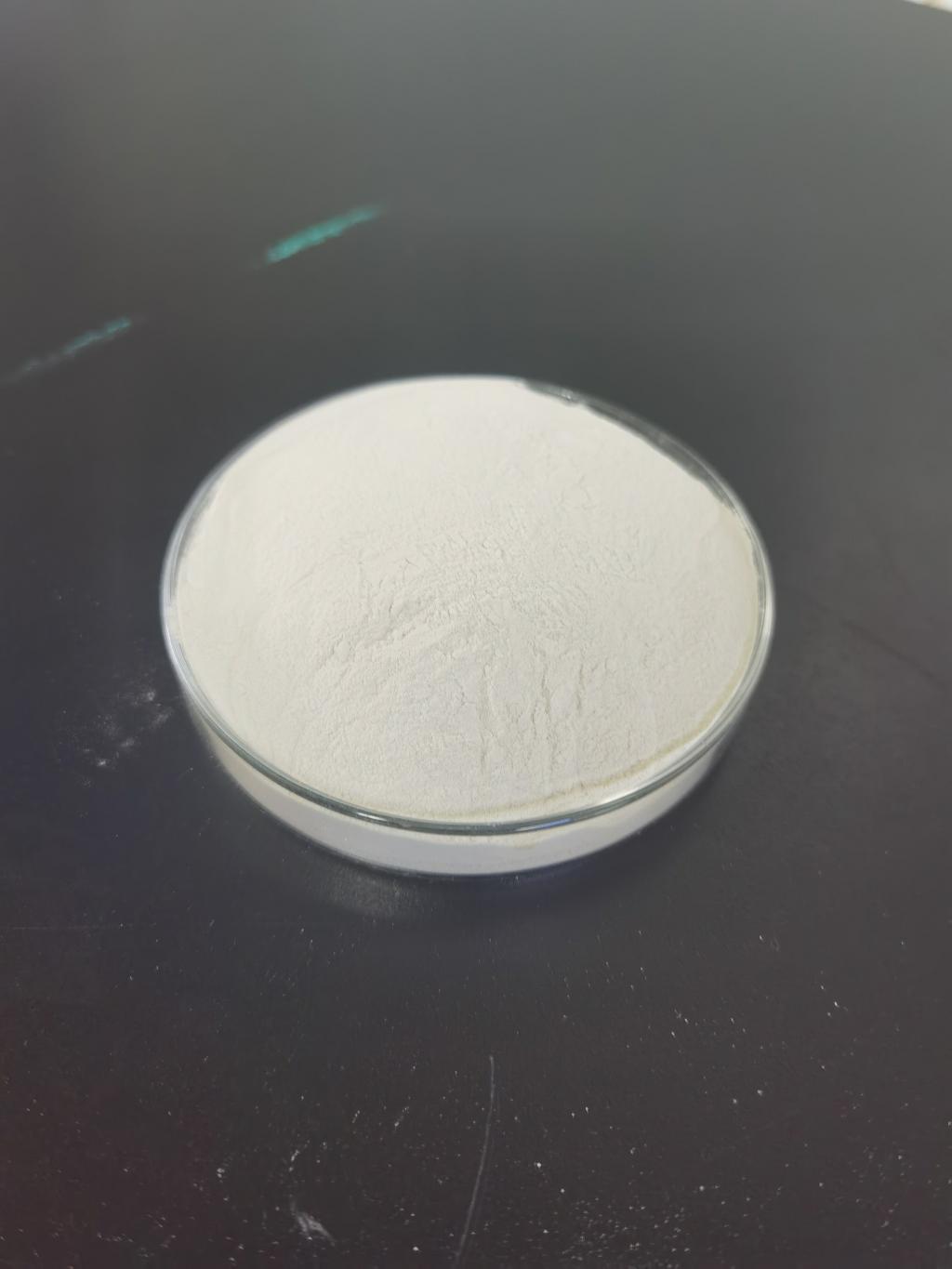Tel:+8618231198596

News
 CONTACT
CONTACT
 CONTACT
CONTACT
- Linkman:Linda Yao
- Tel: +8618231198596
- Email:linda.yao@dcpharma.cn
- Linkman:CHARLES.WANG
- Department:Overseas
- Tel: 0086 0311-85537378 0086 0311-85539701
News
Nisin's role in the preservation of organic meats and cheeses.
TIME:2024-12-06
Understanding Nisin and Its Benefits
Nisin is a bacteriocin, a type of antimicrobial protein that targets and disrupts the cell membranes of specific bacteria, including Listeria monocytogenes, Clostridium botulinum, and Staphylococcus aureus. It is classified as a natural preservative, which makes it particularly suitable for organic food applications. Unlike synthetic chemicals, nisin does not alter the taste, texture, or nutritional value of food products, a crucial aspect for maintaining the high standards of organic foods.
For organic meats, nisin helps combat bacterial spoilage and extends shelf life without the use of synthetic preservatives. In organic cheeses, where the balance of beneficial microbes is critical for flavor development, nisin’s ability to target harmful bacteria without affecting beneficial strains makes it an ideal preservative choice.
Impact on Organic Meats
Organic meats, such as beef, chicken, and pork, are highly susceptible to spoilage due to their high moisture content and the absence of artificial preservatives. Nisin can be used to reduce the growth of spoilage bacteria such as Pseudomonas spp., which are responsible for off-flavors and discoloration in meats. Additionally, nisin plays a key role in preventing the growth of foodborne pathogens like Listeria monocytogenes and Salmonella, which can lead to serious health risks.
Research has shown that incorporating nisin into meat packaging or processing systems can significantly reduce bacterial load, thereby extending the product’s shelf life. This is particularly beneficial for organic meats, as they often lack the chemical preservatives found in conventional meat products. Nisin offers an effective solution to maintain both safety and quality without compromising the organic nature of the product.
Nisin in Organic Cheeses
The preservation of organic cheeses presents a different set of challenges. Cheeses are complex matrices that depend on specific microbial activity for their unique flavors and textures. Introducing nisin into cheese production can help control harmful bacteria such as Escherichia coli and Salmonella, which can contaminate cheese and cause foodborne illness. At the same time, nisin does not adversely affect the beneficial lactic acid bacteria required for cheese fermentation and ripening.
One of the most significant benefits of using nisin in organic cheese preservation is its ability to extend the shelf life of the product while maintaining its quality. Nisin can be incorporated into cheese in several ways, including by adding it directly to the milk or through coating or packaging methods. Studies have demonstrated that nisin can help inhibit the growth of spoilage microorganisms in both fresh and aged cheeses, ensuring that these products remain safe and fresh throughout their shelf life.
Regulatory Approval and Consumer Acceptance
Nisin has been granted Generally Recognized As Safe (GRAS) status by the U.S. Food and Drug Administration (FDA) and is approved for use in many countries around the world. This regulatory status makes it a viable option for organic meat and cheese producers who are looking for natural preservation methods.
Moreover, nisin’s acceptance among consumers is also growing, especially as more people seek out organic foods that are free from synthetic additives. As consumer awareness about the safety and environmental impact of food production methods increases, the use of nisin as a preservative aligns well with the values of organic consumers, who prioritize both health and sustainability.
Conclusion
Incorporating nisin into the preservation of organic meats and cheeses offers a sustainable, effective alternative to traditional preservatives. By inhibiting harmful microorganisms and extending shelf life, nisin ensures that organic products can maintain their quality and safety, all while meeting the strict standards of organic certification. As the demand for organic products continues to rise, nisin’s role in food preservation is poised to become increasingly important, supporting both the integrity of organic foods and consumer health.
- Tel:+8618231198596
- Whatsapp:18231198596
- Chat With Skype







